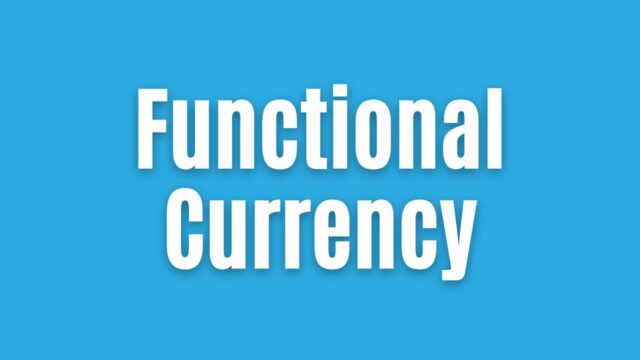
What is a functional currency and how does it work
A functional currency is the currency of a country in which a company primarily earns and spends its income. In most cases, this will be the same as the company’s home currency. However, if a company earns a significant portion of its income in another country, that country’s currency may become the functional currency. The functional currency can have a major impact on financial reporting, as it determines which currency should be used when translating financial statements into the home currency. It also affects tax liabilities, as income earned in a foreign currency may be subject to different tax rates. As a result, understanding the concept of functional currency is essential for any business with international operations.
The benefits of using a functional currency
In recent years, more and more businesses have been adopting a functional currency approach to accounting. A functional currency is the currency of the primary economic environment in which a company operates. The benefits of using a functional currency include improved financial reporting, reduced transaction costs, and increased operational efficiency.
Perhaps most importantly, using a functional currency can help to reduce the risk of exchange rate fluctuations. By denominating their accounts in the currency of their primary economic environment, companies can insulate themselves from changes in the value of other currencies. As a result, using a functional currency can provide businesses with a greater degree of stability and predictability.
How to choose the right functional currency for your business
When expanding your business internationally, it’s important to choose the right functional currency. The functional currency is the currency of the primary economic environment in which the company operates. It is also the currency that is most meaningful when measuring the company’s financial performance.
There are a few factors to consider when choosing the right functional currency for your business. First, you need to consider which currency is most stable and provides the best environment for doing business. Second, you need to choose a currency that will allow you to effectively measure your financial performance.
Finally, you need to consider which currency will provide the most tax advantages. By taking all of these factors into account, you can be sure to choose the right functional currency for your business.
How to set up a functional currency account
There are a few steps that need to be followed in order to set up a functional currency account. First, a business must find a bank that offers this type of account and then open an account with that bank. Next, the business will need to provide the bank with documentation such as financial statements and trade records. Once the account has been opened, the business can begin managing its foreign currency. A functional currency account can help a business to save money on transaction fees and exchange rates. It can also help to protect a company from currency fluctuations.
Tips for using your functional currency account effectively
There are a few things to keep in mind in order to make the most of your functional currency account. First, it’s important to keep track of changes in the exchange rate between your home currency and the functional currency. This will help you forecast when it’s a good time to buy or sell foreign currency. Second, you’ll need to be mindful of transaction costs, which can eat into your profits if you’re not careful. Finally, it’s important to maintain a healthy balance in your account; too much money sitting in one place can be just as risky as too little. By following these simple tips, you can make sure that your functional currency account works for you.


































